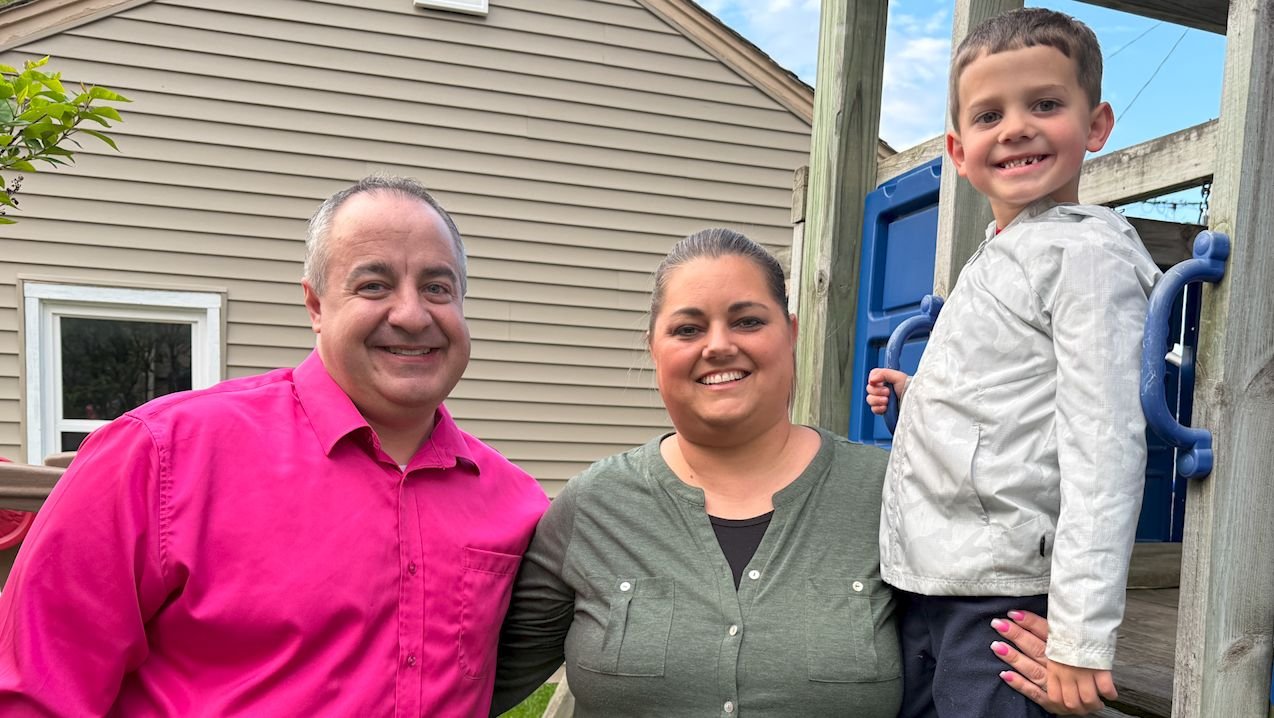Get the best experience and stay connected to your community with our Spectrum News app. Learn More
Continue in Browser
Get hyperlocal forecasts, radar and weather alerts.
Please enter a valid zipcode.
Save
CUDAHY, Wis. — In the Kuechenmeister family, talking about mental health isn’t frowned upon.
Jason and Lindsay Kuechenmeister have two sons who they said they want to be open about their feelings.
“If you don’t have that open space, that’s where you run into the challenge where they don’t have any other options,” said Jason Kuechenmeister. “The mental health pieces elevate to self-harm or, god forbid, worse than that.”
Their oldest son, Nathan, is adopted. He was born with fetal alcohol syndrome and has other mental health conditions.
Their youngest son, Konnor, has autism and selective mutism. Over the years, they’ve learned how to best support their children.
“The number one thing is all the resources that are available,” said Jason Kuechenmeister. “There’s no guide. There’s no book. There is no process. If I could do over what it would be is really understanding what those services are and it’s not one phone call. It’s not one request.”
They said advocating for their kids is key, whether it’s finding the best health care team, or in their son Konnor’s case, ensuring he can get an IEP (Individualized Education Program) in school.
“We even brought in his therapist to his IEP meeting before the school year started,” said Lindsay Kuechenmeister. “They gave them wonderful information.”
Maggie Altschaefl is a psychologist at Children’s Wisconsin. Altschaefl said if your child is experiencing issues with their mental health, to start first with their primary care provider.
She said it is also important to be compassionate and have a listening ear.
“To model both healthy coping skills and healthy living, but also modeling how we talk about emotions and it’s okay to talk about feelings in this family,” said Altschaefl.
The Centers for Disease Control and Prevention reports that 13% of children and teenagers between the ages of three and 17 are diagnosed with a mental or behavioral health condition.
Both Jason and Lindsay Kuechenmeister have learned that it takes a village. That’s why they lean on each other and support groups.
“You have to feel comfortable to realize that you’re not going to have the answers to it, but you have to be open and most of the time with it is just listen and support and say, ‘I’m here for you’ and be able to work through that,” said Jason Kuechenmeister.
